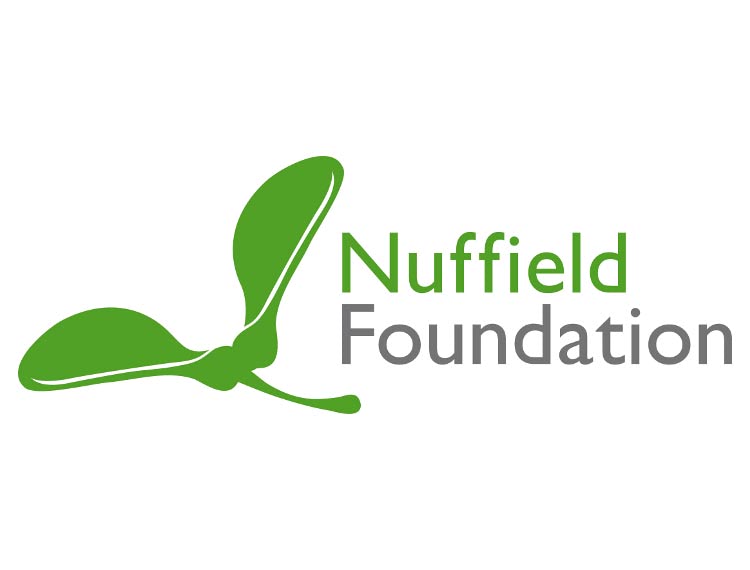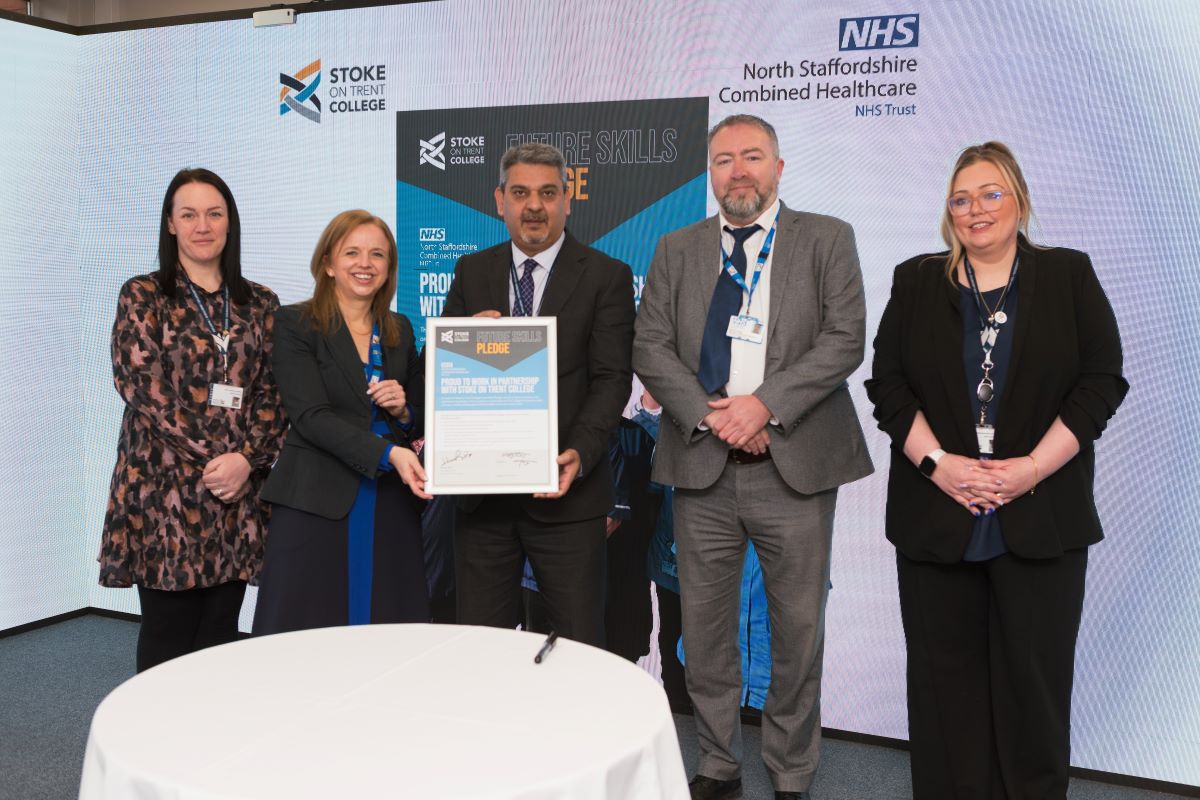Improving mathematical achievement in primary school-aged children

A new Nuffield-funded report from researchers at Ulster University analyses the outcomes of classroom-based mathematical interventions and gives teachers access to a body of evidence that can assist them in helping primary school children with maths.
Mathematical achievement is important for children’s future educational success, employment opportunities and health outcomes.
However, it is recognised that there is substantial underachievement in this subject, with approximately one in five children not reaching the required levels in mathematics by the end of primary school.
Led by Ulster University’s Dr Victoria Simms, the research was carried out in partnership with Loughborough University, Queen’s University Belfast and University College Dublin.
The review found evidence to suggest that there are effective strategies that teachers can use to help learning mathematics understanding and be fluent with mathematical facts. It also found that there are lots of different ways that teachers can support children to have a wide bank of strategies to complete mathematical problems and that they know when to best apply them. Technology in the classroom can also be helpful as long as these tools have been developed with a clear understanding of how children learn.
However, it is clear that the evidence base on mathematical interventions is weak. Therefore, this study recommends that researchers develop this evidence-base by testing how effective mathematical interventions are. This will help teachers make evidence based decisions to support children’s learning. All of this information is summarised on a new, free to access website.
Lead researcher, Dr Victoria Simms, Reader in Developmental Psychology and Research Director of the School of Psychology at Ulster University explains:
“We hear a lot about the importance of literacy and the numerous interventions available to teachers to support learning in reading and comprehension. Maths is just as important for children’s future educational success, but in comparison to reading we simply do not have as much evidence or resources to help children achieve in mathematics.
“This report and web resource, which is free to access, highlights a range of evidence-based classroom interventions teachers can use to support their pupils with maths. We know from lots of research that early success in maths encourages young people to reach their potential across the STEM subjects on offer to them. It’s really important that we support teachers by providing resources and training to help them improve children’s outcomes”
Simon McLean, Vice Principal, Woodlawn Primary School Carrickfergus commented:
“As schools face an ever increasing range of financial and innovative pressures, the need to stay ‘current’ in the provision of Mathematics and Numeracy support becomes more demanding. Educators can often be seduced to take on board the latest shiny programme or app that is a one stop shop to outcome improvement but without a focus on basic mathematical skills, conceptual fluency, and genuine hard graft, children will struggle to access more complex and diverse mathematical concepts.
“I am thankful for research like this that supports and edifies classroom practitioners on the front line who regularly create bespoke resources in their own time to enhance the personal learning journeys of the children in their care. We must continue to ensure that foundational concepts are not missed within valuable teaching time.”
Josh Hillman, Director of Education at the Nuffield Foundation said:
“Primary school teachers are inundated with information about different approaches and resources for teaching mathematics, but evidence of the impact of these interventions on pupil outcomes is often lacking. We hope this project will give them easily accessible guidance for the most effective practice.”











Responses